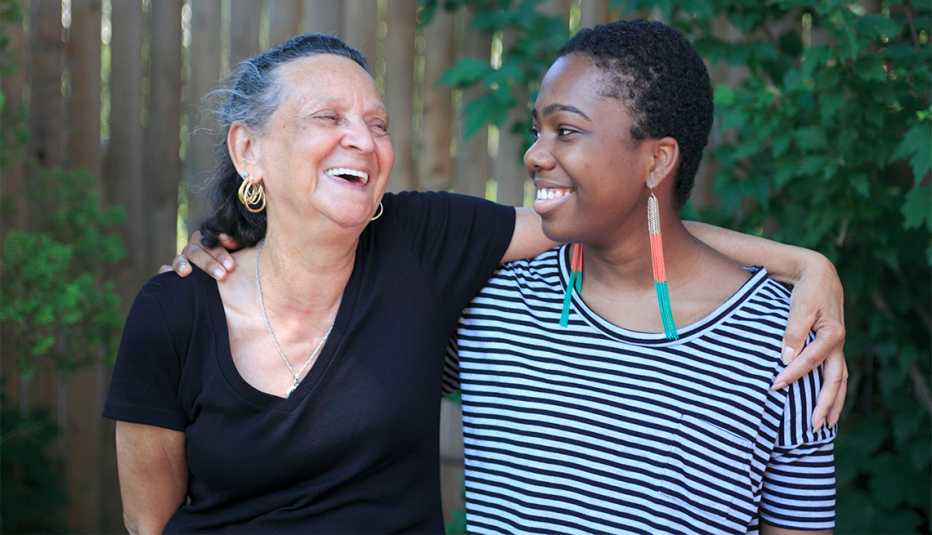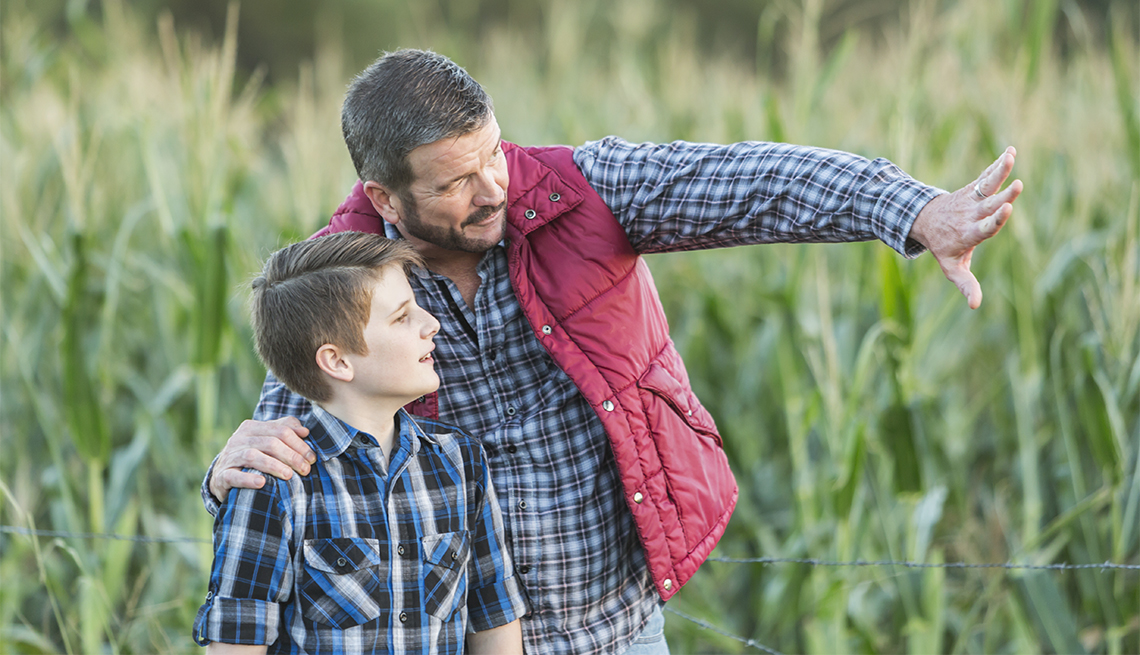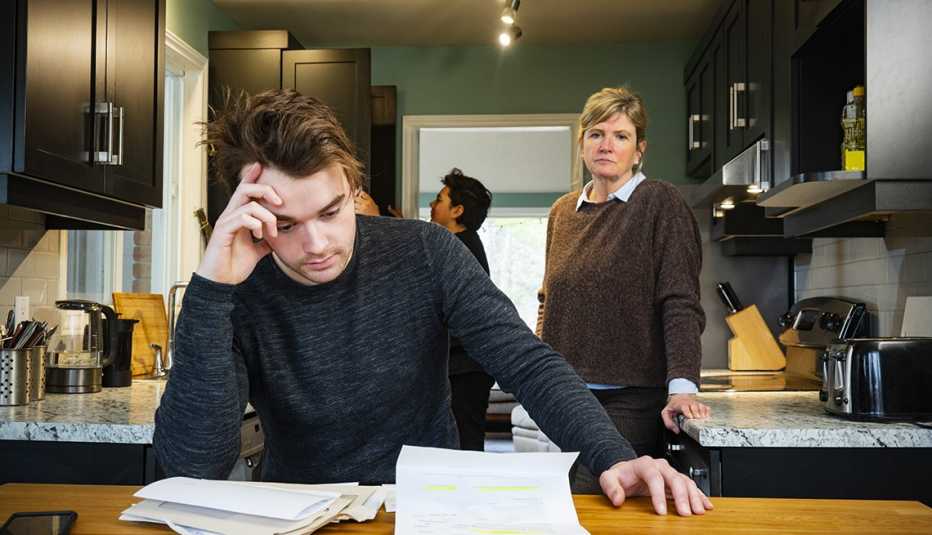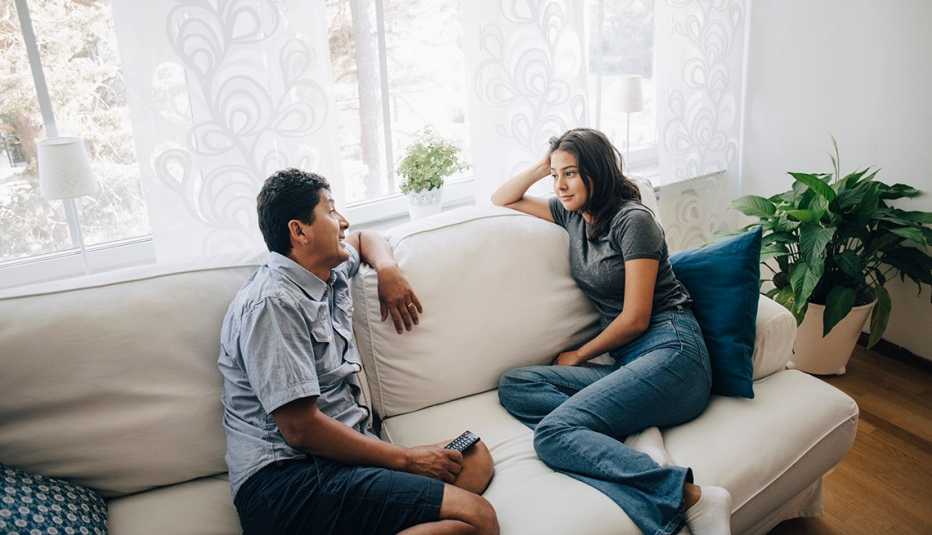Staying Fit
| For the last three years, Max Mozell, 88, has sat down to play chess nearly every Monday during the school year, trying to win — but hoping he’ll lose.
That’s because Mozell, a retired college dean and former neuroscience professor, faces opponents nearly one-fifth his age through an intergenerational chess program run by a Manhattan-based nonprofit. “I sort of enjoy losing,” he says. “I try to win, because otherwise it isn’t a real game. But when I get beaten, it’s fun to see a kid being so nice about it. They take a certain pride in winning, and they learn that if they really play hard, they can win.”


AARP Membership— $12 for your first year when you sign up for Automatic Renewal
Get instant access to members-only products and hundreds of discounts, a free second membership, and a subscription to AARP the Magazine.
As Mozell describes it, the benefits of his multiage chess program go to both sides of the board. "You get to my age, and you sort of forget that there are kids in the world,” Mozell says. “But then every Monday I find out that there are. Not only that, but they’re thinking kids — and it’s fun to be with them.”
Studies show that spending time with the younger set just might improve your health, too. “One recent study showed that, for seniors, spending time with kids had cognitive benefits, as well as emotional and physical health benefits,” says Jennifer Crittenden, assistant director of the University of Maine Center on Aging. Doing so also can provide older adults with a sense of purpose, Crittenden says, which can be an important factor in mitigating or minimizing depression. Another study on older people volunteering with youth found they had higher rates of life satisfaction compared with their peers who were not volunteering with kids.


While many programs focus on the benefits to children from interactions like having older volunteers read to them, “bringing two generations together gives older adults an opportunity to learn from children, as well. It isn’t just a one-way flow of information and experience,” Crittenden says.
Read on for a few expert tips on how to add more kid power to your own life.




































































